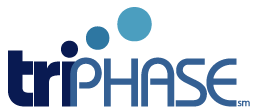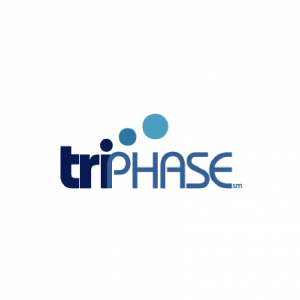 TORONTO and SAN DIEGO (September 25, 2015) — Triphase Accelerator Corporation, a private drug development company dedicated to advancing novel compounds through Phase 2 proof-of-concept, today announced that it has received approval from Health Canada to initiate its Phase 1 clinical study of marizomib in combination with bevacizumab (Avastin®) in patients with recurrent malignant glioma in Canada. Marizomib is a novel and highly potent proteasome inhibitor that readily penetrates the blood brain barrier. It prevents the breakdown of proteins involved in signal transduction, which inhibits tumor growth.
TORONTO and SAN DIEGO (September 25, 2015) — Triphase Accelerator Corporation, a private drug development company dedicated to advancing novel compounds through Phase 2 proof-of-concept, today announced that it has received approval from Health Canada to initiate its Phase 1 clinical study of marizomib in combination with bevacizumab (Avastin®) in patients with recurrent malignant glioma in Canada. Marizomib is a novel and highly potent proteasome inhibitor that readily penetrates the blood brain barrier. It prevents the breakdown of proteins involved in signal transduction, which inhibits tumor growth.
The study will be conducted in Canada at the Princess Margaret Hospital in Toronto and led by principal investigator Warren Mason, M.D., medical director of the Brain Tumour Centre and Kirchmann Family Chair in Neuro-oncology Research at Princess Margaret Hospital.
“Malignant gliomas are rarely curable, and the prognosis for patients with high-grade gliomas is generally poor. One of the few treatment options currently available for recurrent gliomas is bevacizumab. As a result, new treatment options are urgently needed for patients suffering from this universally fatal disease,” said Dr. Mason. “Published literature indicates that targeting the proteasome in glioma cells has shown significant anti-tumor activity. Given that marizomib is a first-in-class pan-proteasome inhibitor that is brain penetrant, I am looking forward to evaluating this combination regimen in my patients.”



